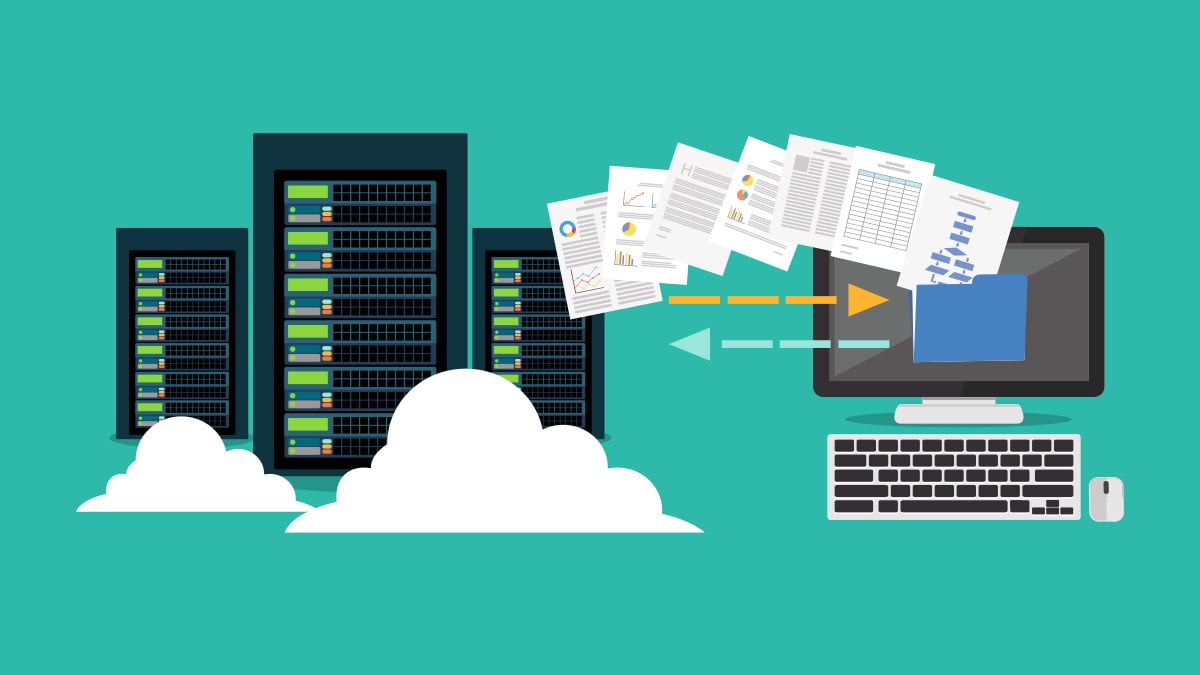
Recent reports have stated that the Windows 11 update KB5063878 has caused Solid State Drive (SSD) breakages when performing continuous file writes that exceed 50GB on drives over 60% full. This article will explore the affected SSDs and what users should do if they suspect their SSD is damaged. Although Microsoft has stated that the update did not cause the issue, many Windows 11 users have experienced SSD failures during file transfers after installing Microsoft’s latest security update. Reports from affected users stated that restarting their device revived some drives, but other files were inaccessible after rebooting the system.
Which SSDs were affected?
A number of commonly used SSDs were affected by the update, including:
- Corsair Force MP600
- SSDs using the Phison PS5012-E12 controller
- KIOXIA EXCERIA PLUS G4 / KIOXIA M.2 SSDs
- Fikwot FN955
- SSDs using the InnoGrit controller
- Maxio SSDs
- SanDisk Extreme Pro 3D
How do I know if my SSD is affected?
The KB5063878 update has a bug that is causing various issues for users, such as making SSDs and HDDs disappear from the operating system, and rendering some storage unrecoverable. So how do you know if your SSD is one of the unlucky ones? Here are some common indicators that your device may be impacted by the Windows 11 KB5063878 update:
- File Explorer hangs or crashes
- SMART becomes unreadable
- Errors with input or output
- Disappearing storage drive
What should I do to prevent being affected?
Most users are likely safe as the reported incidents occurred on SSDs that are 60% full or if more than 50GB of data is continuously written. However, it is advisable not to install the KB5063878 update until fixes are released by Windows or individual SSD manufacturers. Moreover, it is best to avoid large, continuous file transfers while the issue is still unresolved.

This issue emphasizes that it is now more crucial than ever to back up data instead of relying on systems or cloud storage. Users can follow the 3-2-1 backup rule to ensure their data is safe if an unforeseen issue occurs.
- Make three copies of your data
- Store two of these copies on different devices
- Store one copy off-site
This may look like saving one copy on your device’s internal storage, one on an external drive, and one off-site on the cloud.
What should I do if my SSD is affected by the Windows 11 update bug?
Restarting the device can sometimes resolve the issues caused by the latest Windows 11 KB5063878 bug, however it may happen again if users install big files or write large amounts of data to their SSDs. Moreover, you can try the following advice if your SSD is affected:
1. Stop using your SSD
Disabling the SSD takes it offline and prevents your device from writing data to it. To do this, head to Device Manager > right-click the drive > select Disable device. However, it is important to note that disabling the SSD may slow down its core functions and will mean that programs saved to the SSD will not be able to run.
2. Get professional advice for essential data
If your essential data is unrecoverable after the KB5063878 update, it may be worth seeking professional advice to see if they can help. However, it is key to mentally prepare for the possibility that the data will not be recovered, and is a stark reminder to always back up crucial data.
3. Check your warranty
Although warranties do not generally include data recovery, it may be worth checking the smallprint. If your SSD includes non-essential data that you do not mind losing, you can consider conducting basic recovery steps like restarting or rebooting the device.
Windows 11’s KB5063878 issue: is it really that serious?
The recent Windows 11 bug will not affect most users, but that does not mean it’s impossible. Windows 11 users are advised not to install the latest update until Windows issues a fix or a deeper explanation. At the moment, Microsoft says they cannot reproduce the bug, and there were no issues with their updates, although information from affected users disputes this. This is an unfortunate but striking reminder that it is crucial to back up files, especially if you plan to write large files to a half-full storage drive.
Recommended Products








